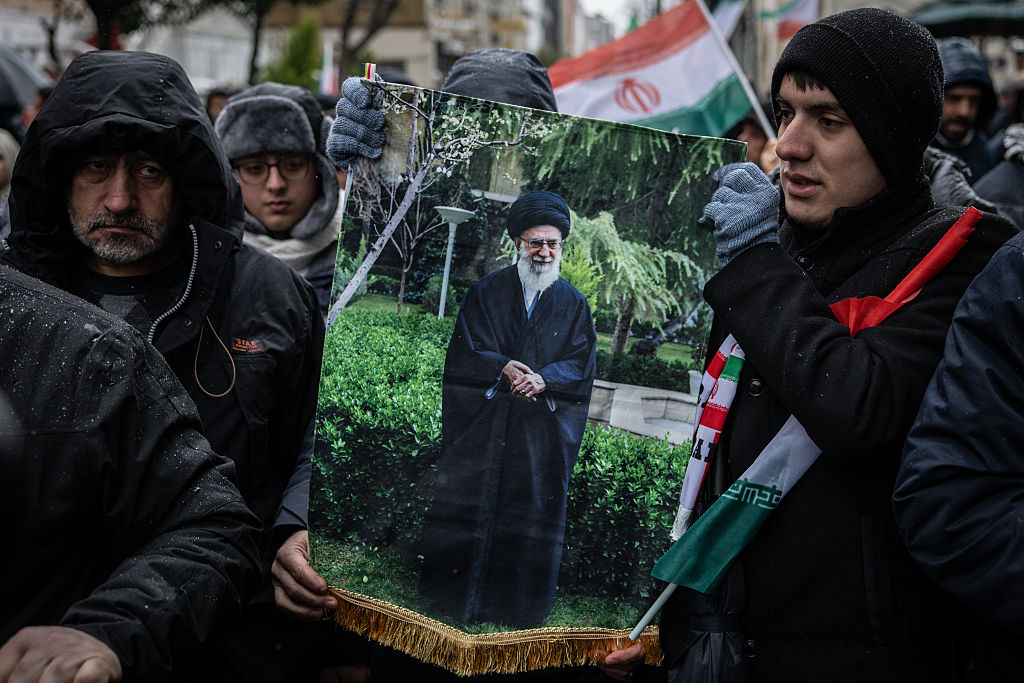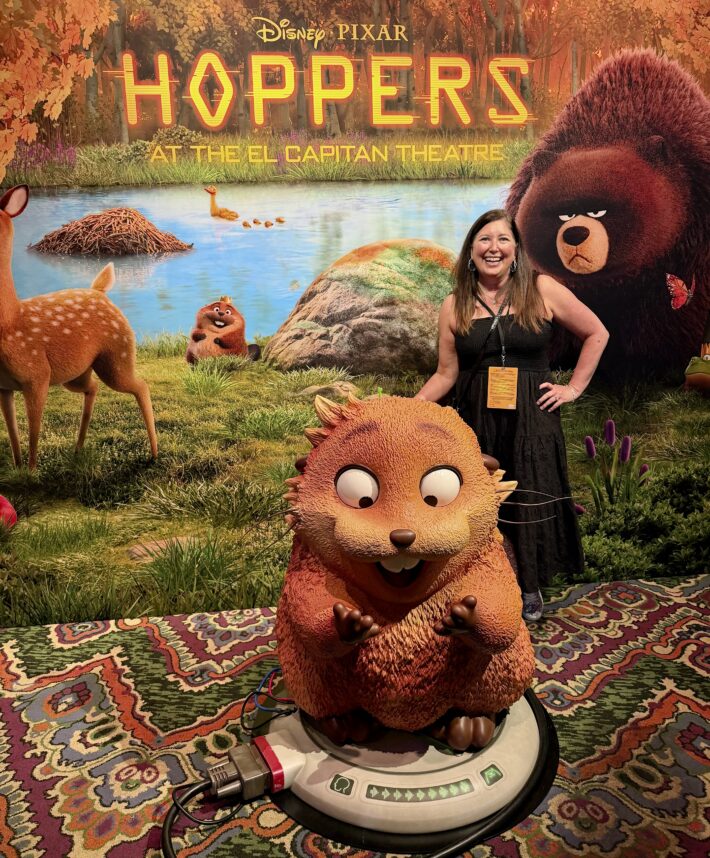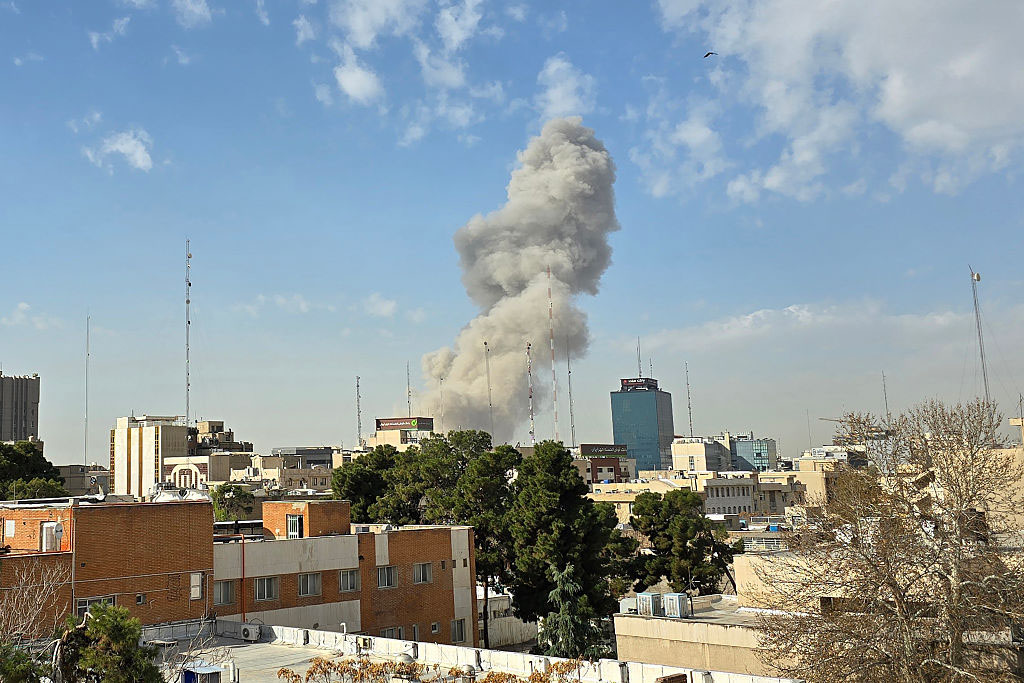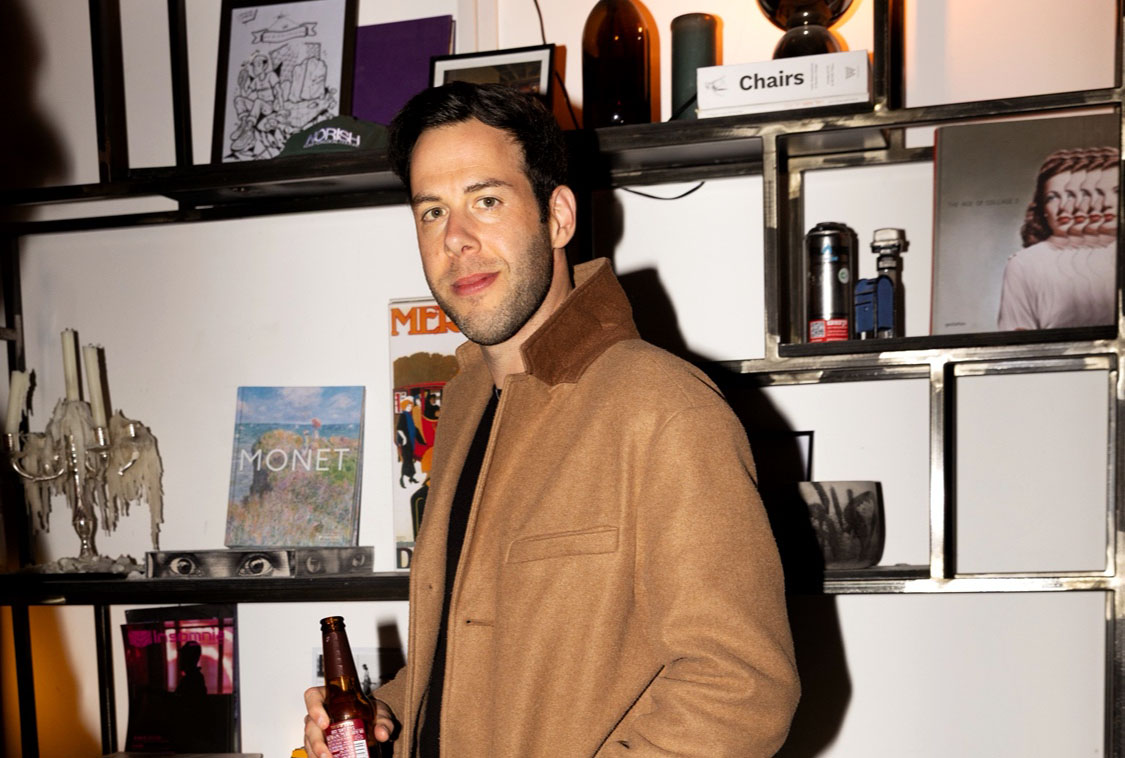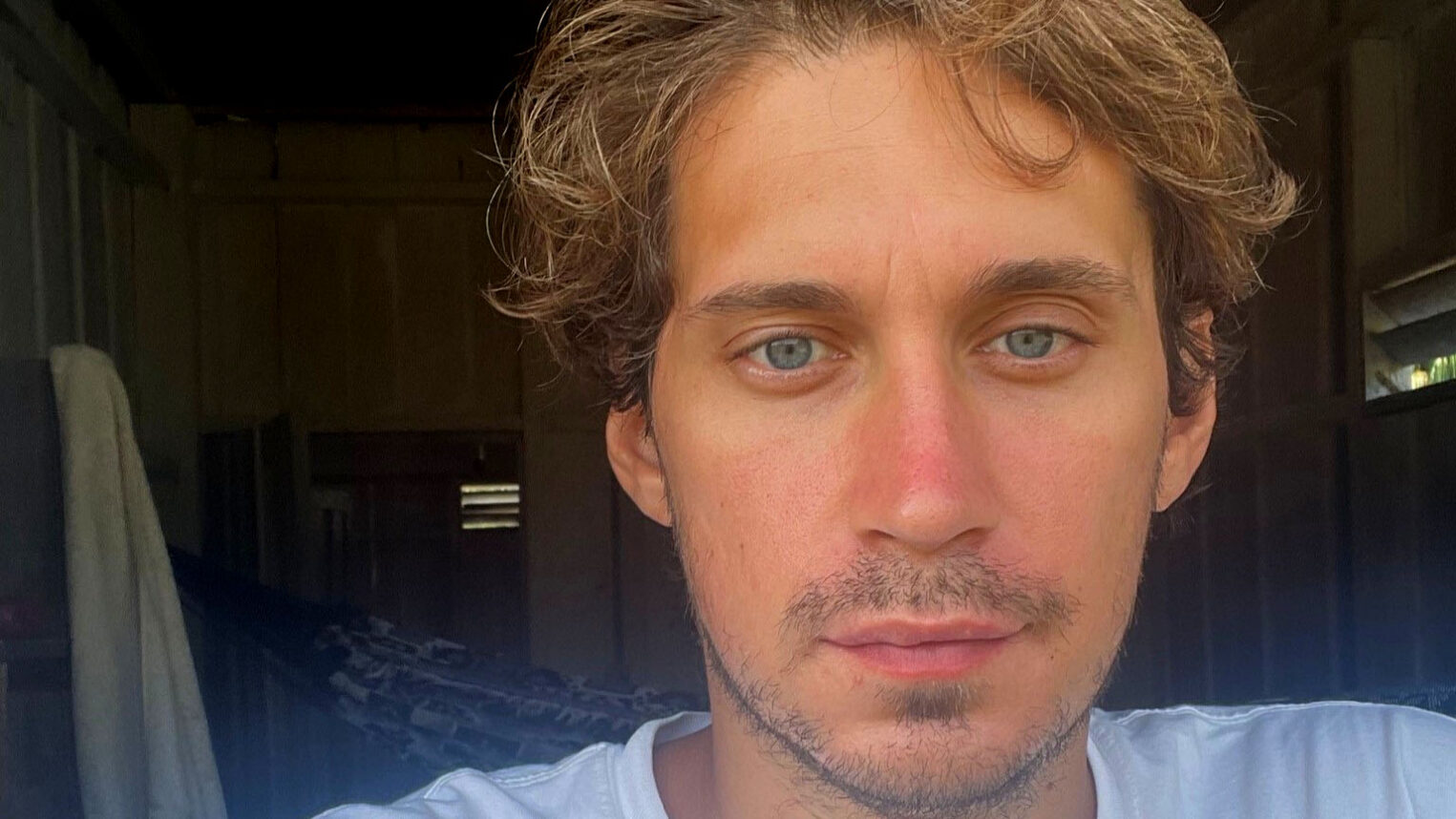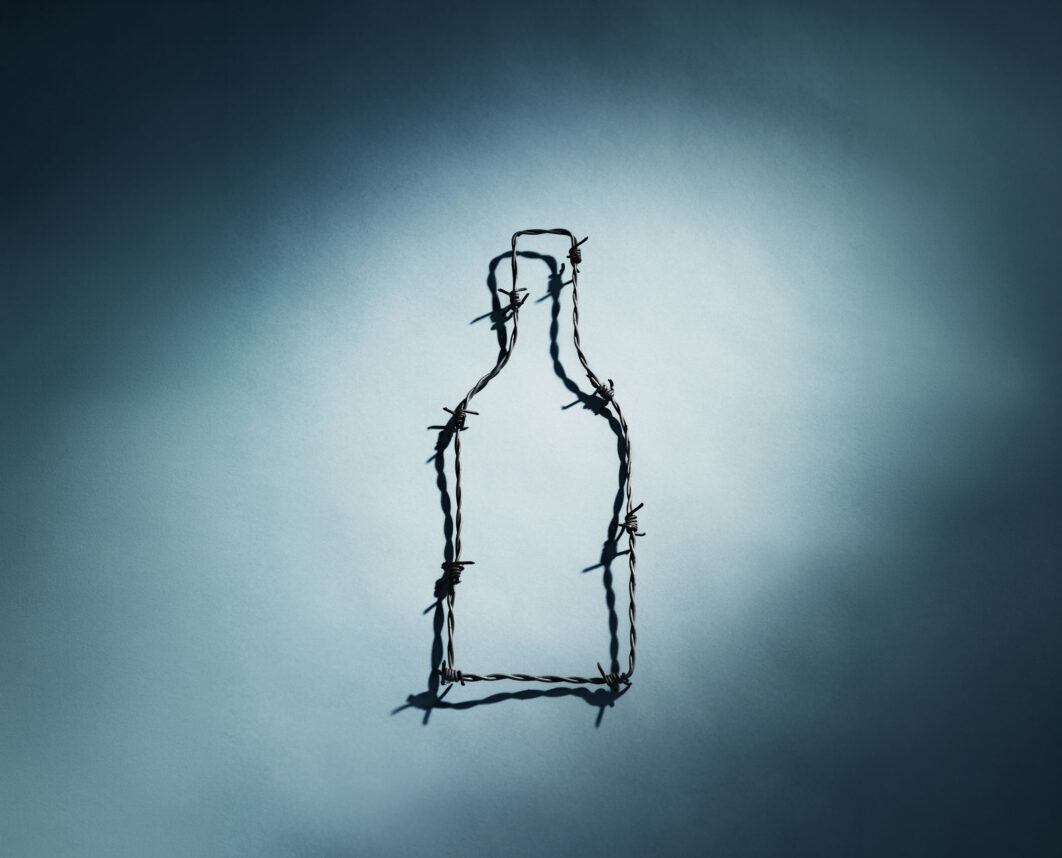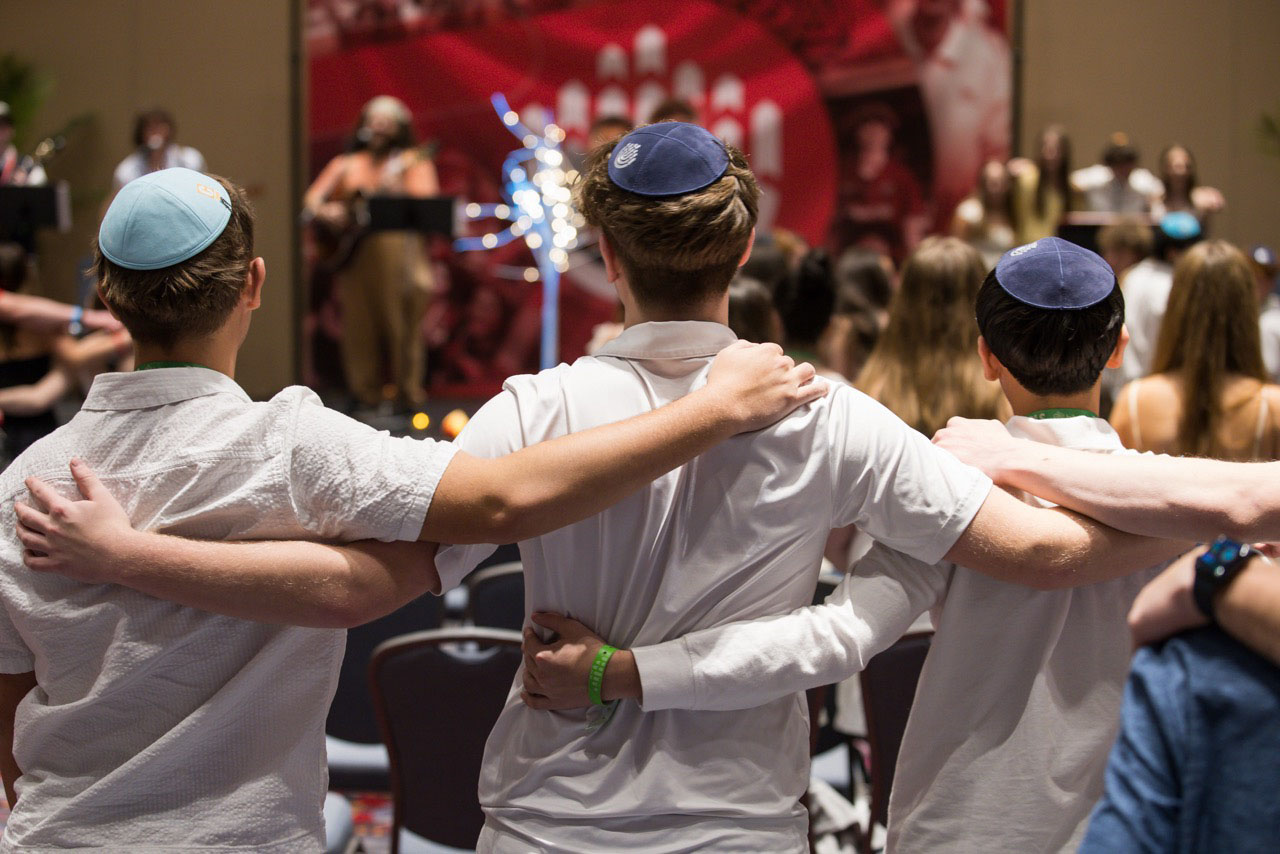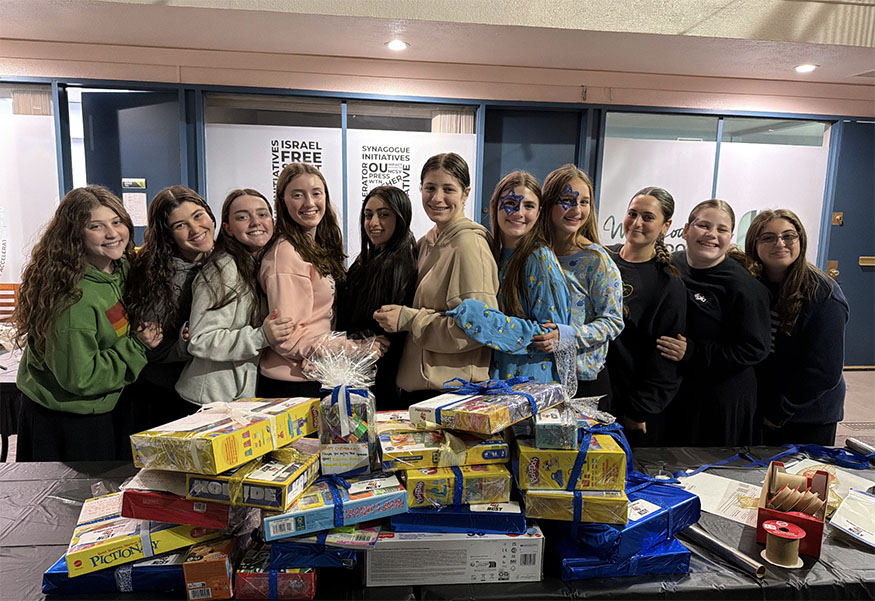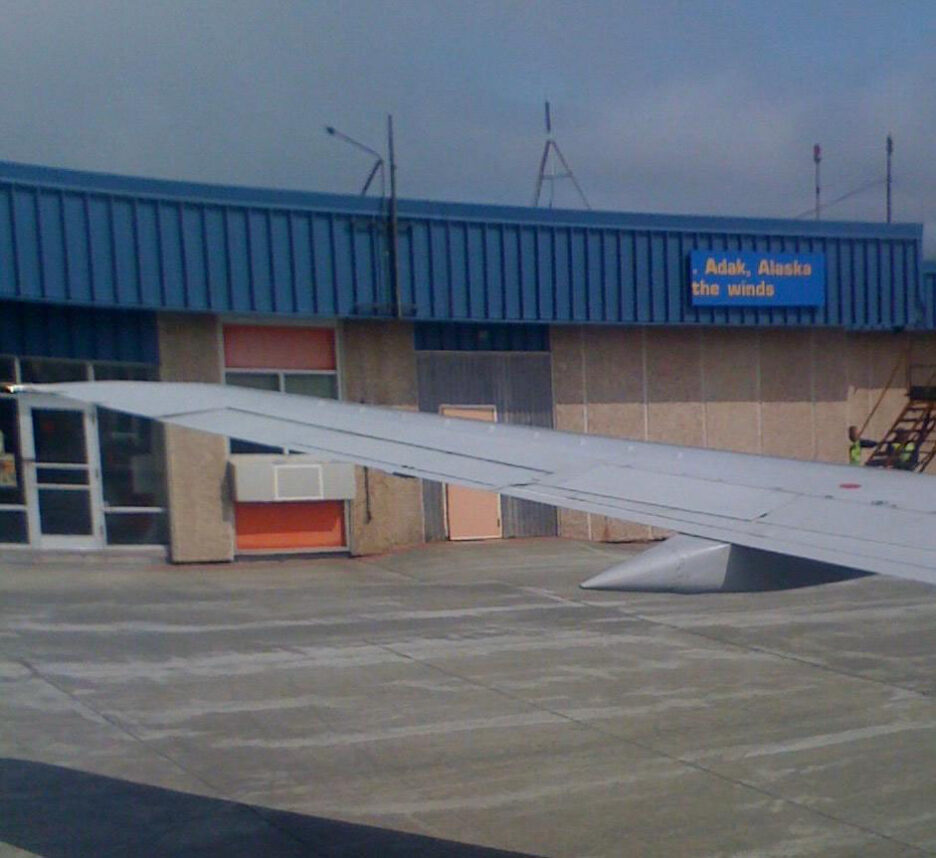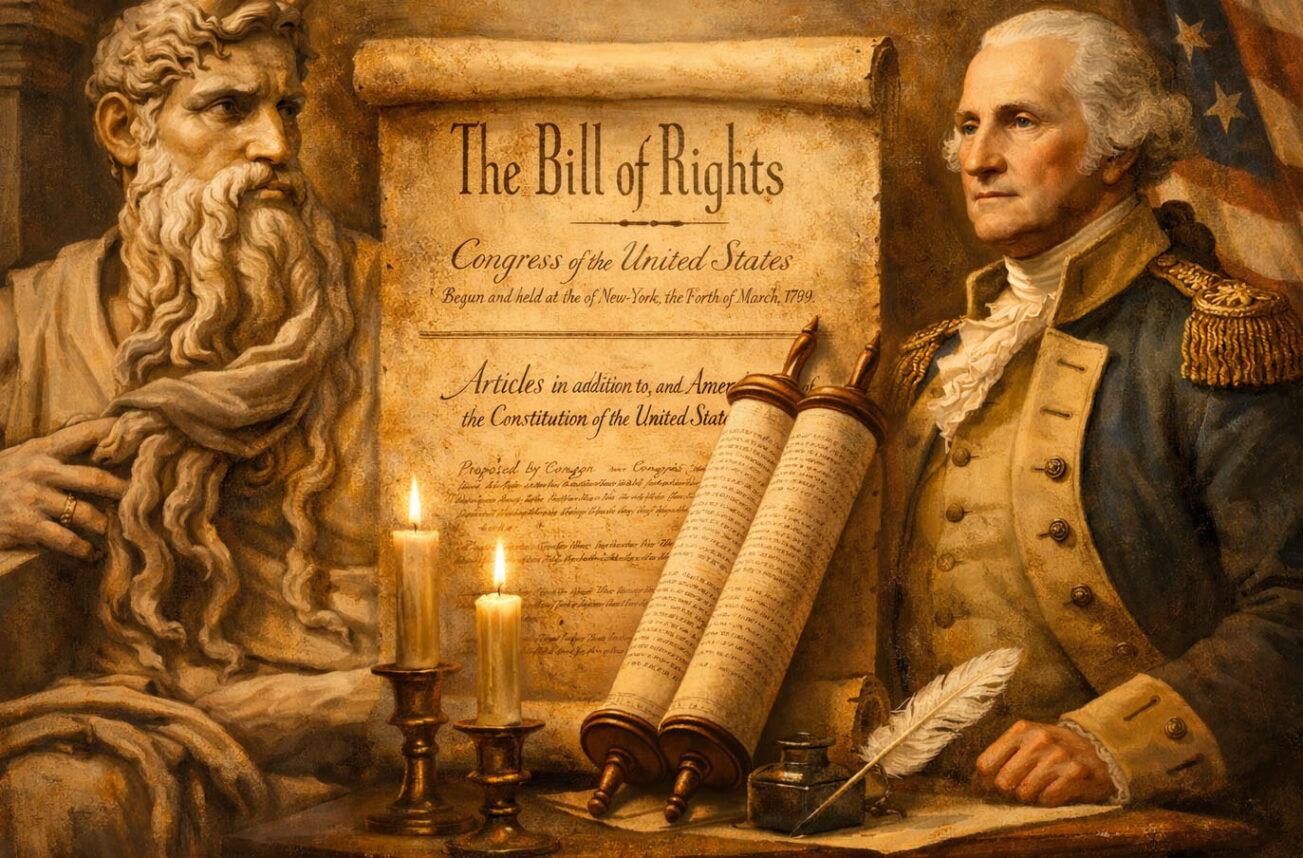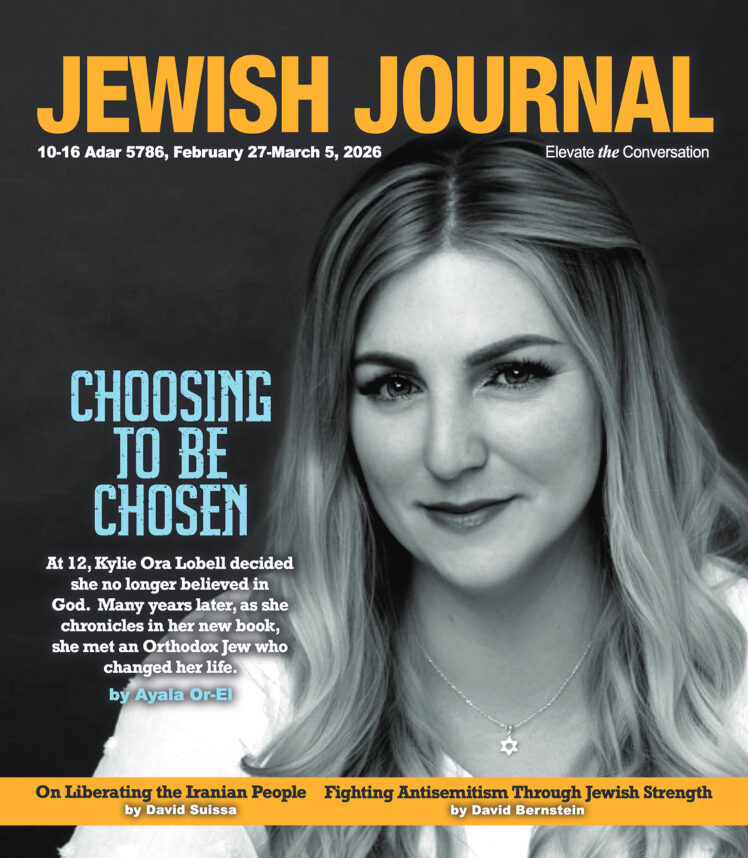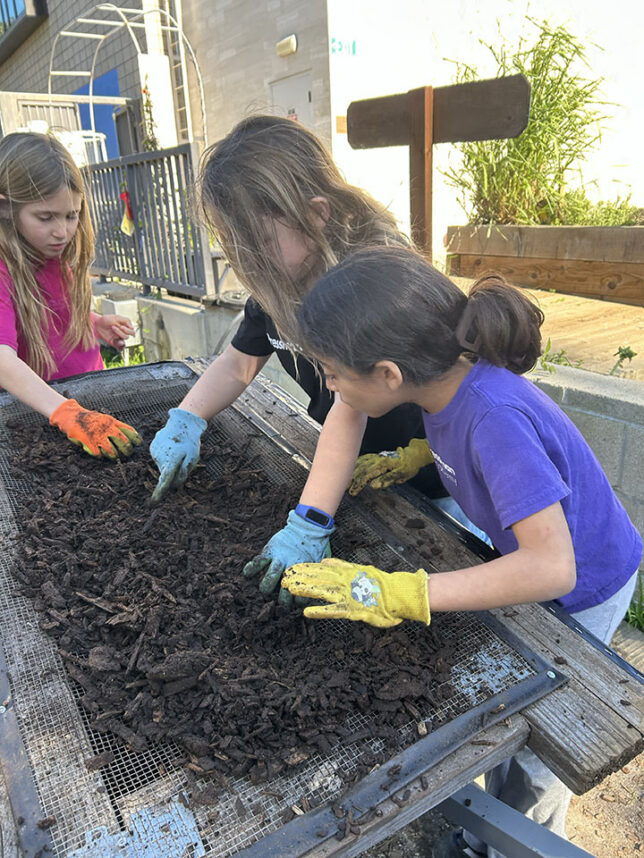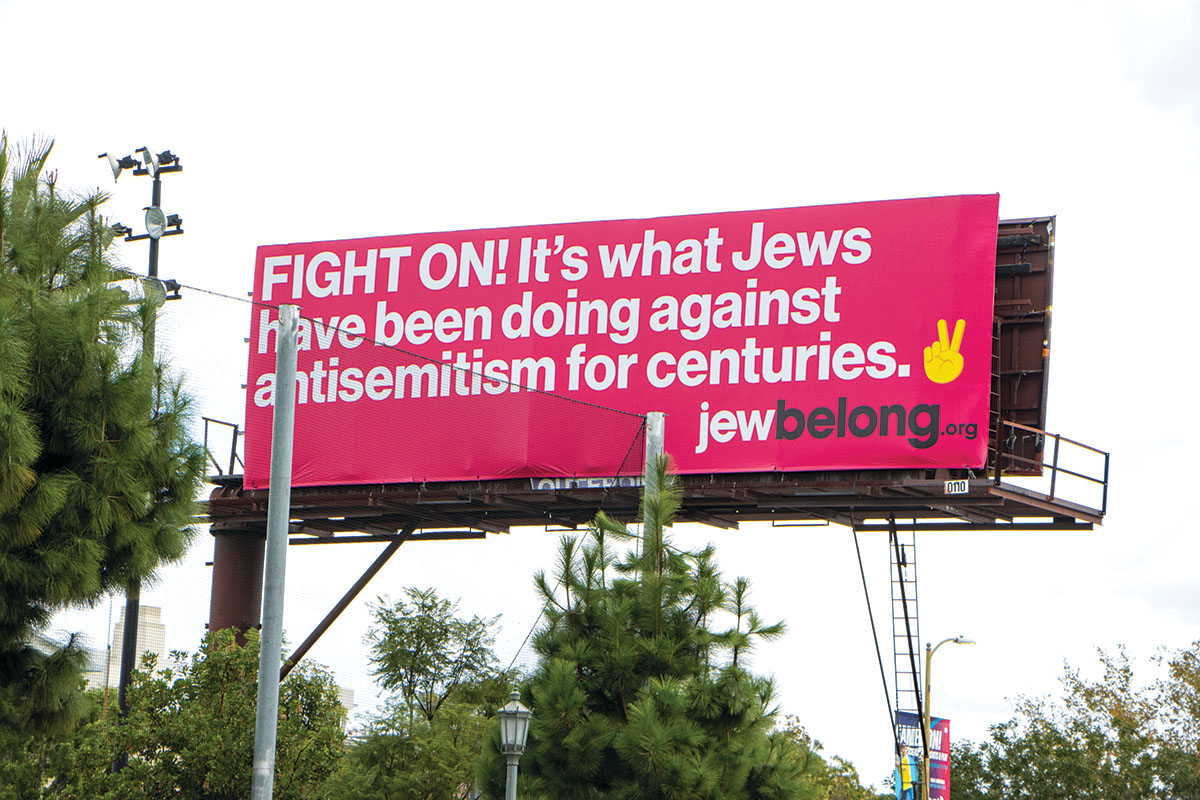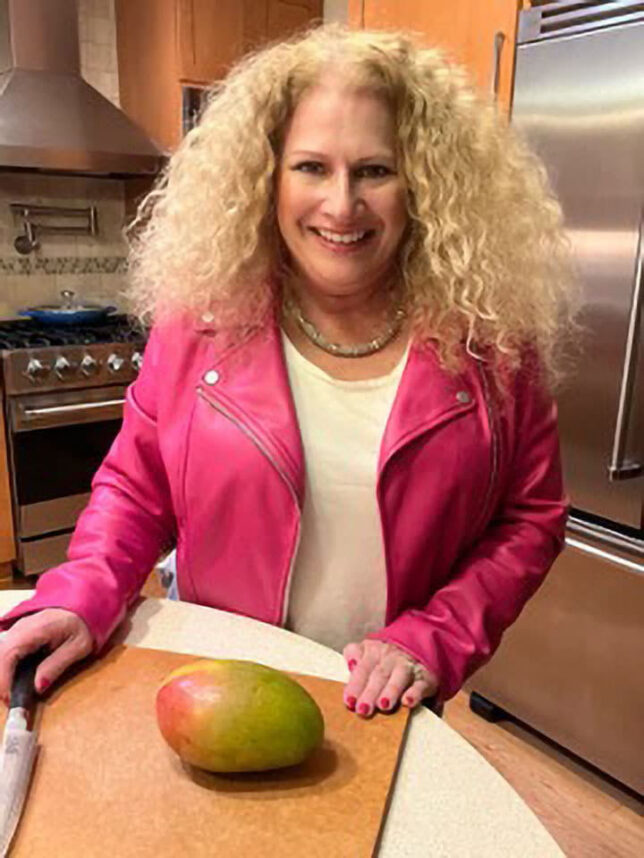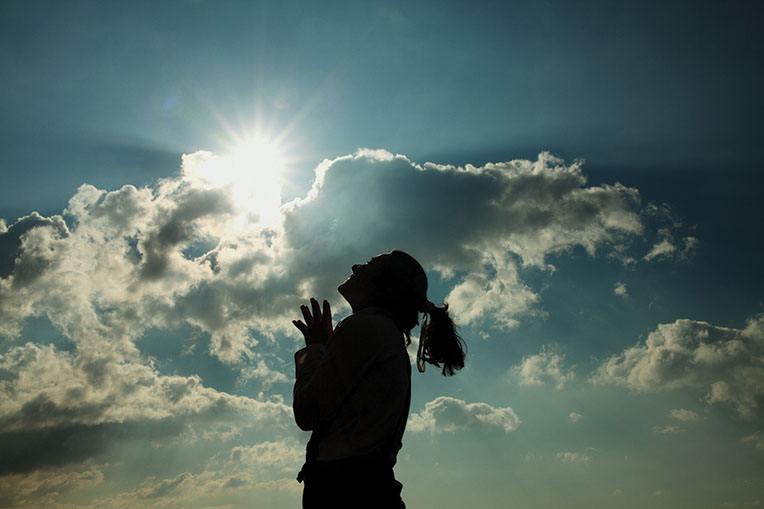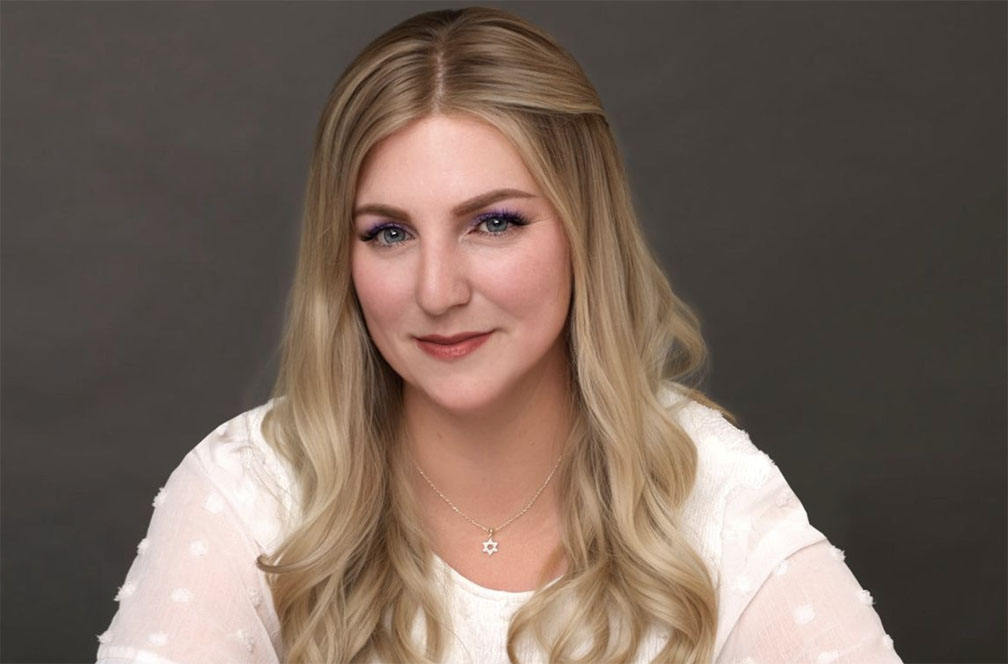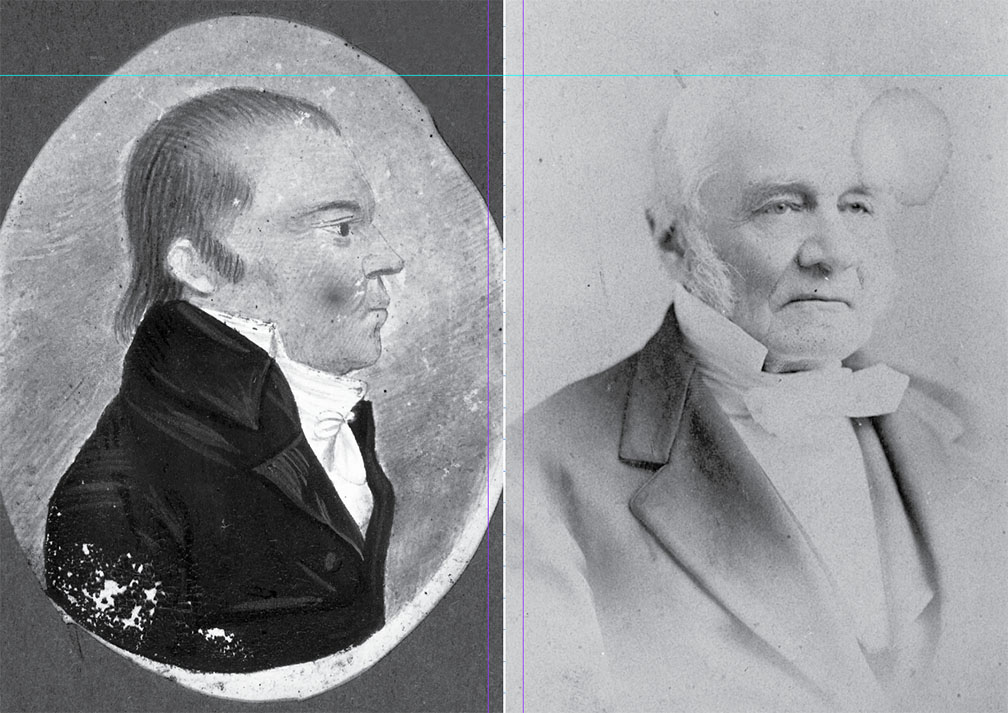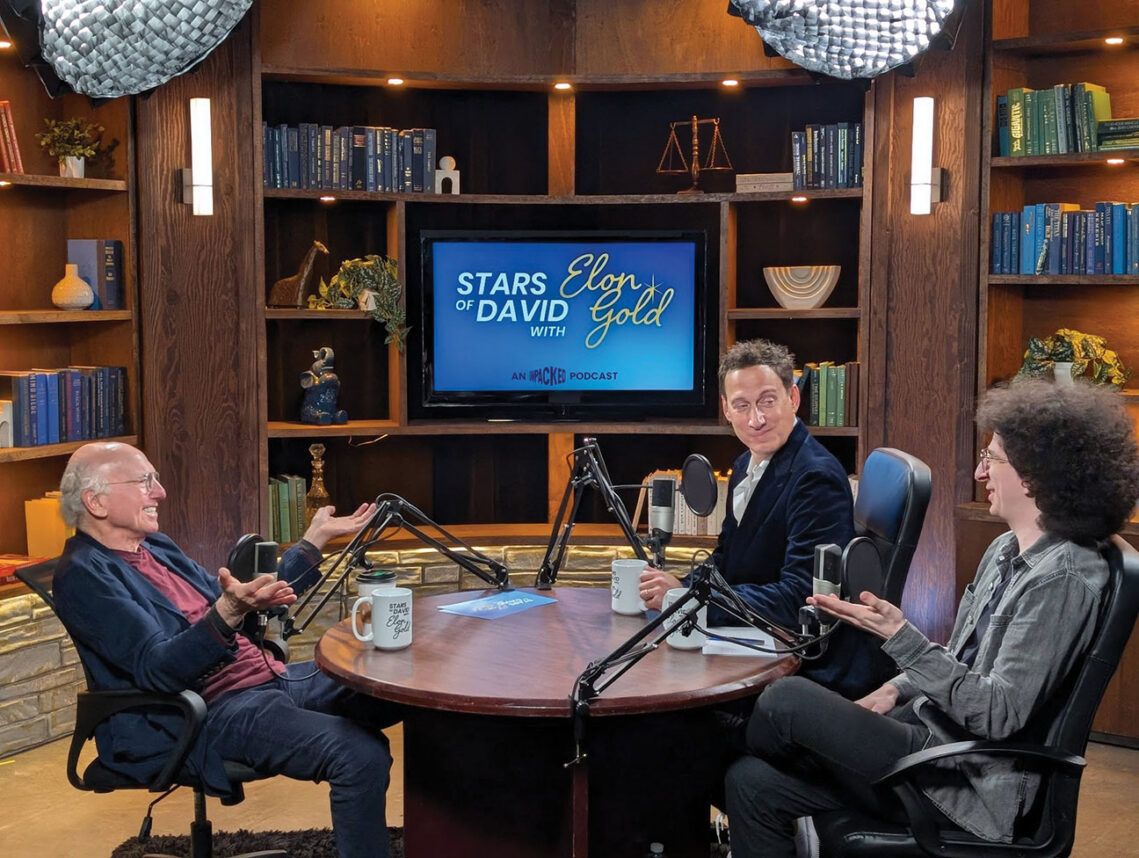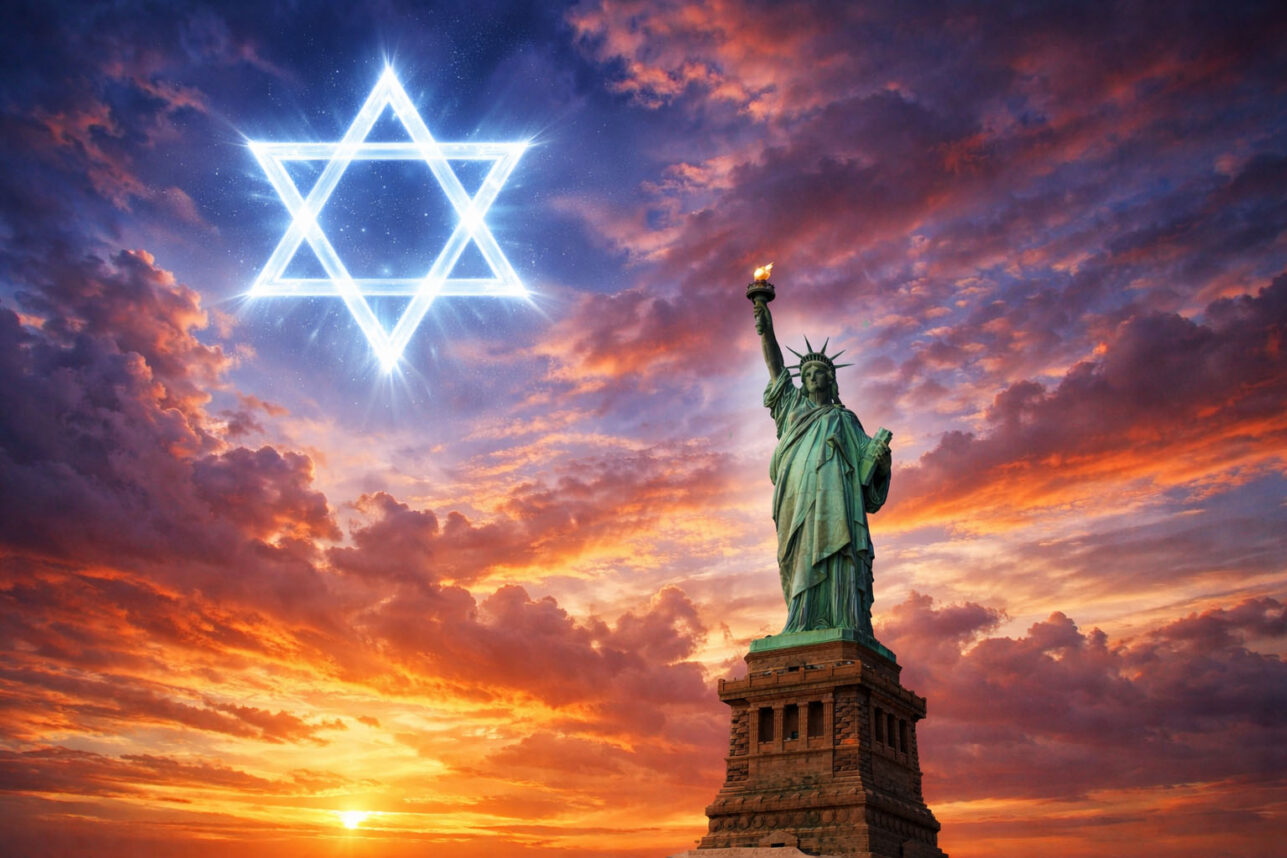
To older Israelis, Mike Burstyn is Kuni Leml, the character that made him a star in a series of comedies in the 1960s and ’70s. But to the current generation, he’s the rabbi in “Juda,” the hit series now streaming on Hulu, in which he plays the spiritual adviser to a Jewish vampire.
Creator Zion Baruch wrote the role with Burstyn in mind, and the 73-year-old actor didn’t hesitate to accept after reading the script. “I’m always looking for a challenge,” Burstyn told the Journal. He recently returned from Israel, where he shot Season 2 of the series, and he hopes there will be a third. Surprisingly, considering that he grew up in the Yiddish theater, he had never played a rabbi before.
Burstyn’s father, Pesach Burstein, was a matinee idol in Poland when Yiddish theater impresario Boris Tomashefsky brought him to America in 1923. Burstyn’s mother, Brooklyn-born Lillian Lux, was a child star on the Second Avenue scene. They had Burstyn and his twin sister, Susan, who joined the act when they were 7 as “The Wunderkinder.” “I took to it right from the start. I really loved it,” Burstyn said.
But as Yiddish theater declined in popularity in the United States after World War II, the family had to tour elsewhere to find an audience and moved to Israel in 1954. Susan, seeking a more stable life, left showbiz behind when she was 18 and returned to the States. Burstyn continued in the family’s show. He became a breakout star after being cast in “Two Kuni Lemls” (aka “The Flying Matchmaker”) in 1966. “It changed my life,” he said.
Another milestone moment came in 1981. Burstyn had been hosting his own variety show on Dutch TV for three years when guest Chita Rivera recommended him to the composer of “Barnum” as a replacement for star Jim Dale. Burstyn became the first Israeli to star on Broadway and went on to appear in “The Rothschilds,” “On Second Avenue” and “Inquest,” where he played lawyer Roy Cohn.
“Every once in a while, I love to do a Yiddish concert because I love the language and I don’t want to see it die. I want to make sure that it doesn’t become like Latin, where people study it but nobody speaks it.” — Mike Burstyn
Most of his characters have been Jewish, Al Jolson, Mike Todd and Meyer Lansky among them. He even played the title role in “Oh, God” for the West Coast Jewish Theatre. Coming up, he’ll play another rabbi in the comedy-horror movie “Happy Times.”
“I’m very attached to my Judaism,” said Burstyn, who frequently attends Chabad of Bel Air on Friday nights. “[The Chabad] is around the corner from my house and I like the traditional service.” He has officiated as a cantor twice at the Synagogue for the Performing Arts in Sherman Oaks during the High Holy Days, in 1973 and again in 2000.
Burstyn has been a Los Angeles resident for 20 years “because my children and grandchildren are here.” After his wife died from ovarian cancer in 1995, he was performing at an Israel Bonds event when he met his second wife, Cyona, who was born in Israel. They soon will celebrate their 21st wedding anniversary.
Burstyn and his wife travel to Israel several times a year. He plans to tour there in the fall with his one-man show, “a retrospective of my career, from my childhood till the present day in song and story,” he said. His next film, the diamond heist caper “Catch as Catch Can,” will be shot in Israel in the fall or early next year.
Two years ago, Burstyn made his directorial debut with “Azimuth” to commemorate the 50th anniversary of the Six-Day War. Set in the Sinai desert after the cease-fire, it’s a tense drama about an Israeli soldier and an Egyptian counterpart who at first try to kill each other but ultimately forge their own peace. Burstyn heard about the story while he was serving in the Israeli army during the conflict and years later turned it into a script.
“We couldn’t go to Sinai [to make the film] so we went to the Ramon Crater near Sde Boker and shot it in 15 days,” he said. “The message is that there has to be some other way to compromise and cooperate because up until now, nothing has worked.” He hopes the film will get an American release on DVD.
Burstyn loved being behind the camera and is developing other projects to write and direct, including two for television that he will produce if he can close a deal with a streaming service. He currently works for Netflix, putting his fluency in eight languages to use in dubbing foreign series into English. These have included Israel’s “Fauda” and the Spanish series “Money Heist.”
Also on his to-do list is a return of sorts to his roots. “Every once in a while, I love to do a Yiddish concert because I love the language and I don’t want to see it die,” he said. “There’s an academic resurgence where Yiddish is being taught at universities and schools and there are Yiddish clubs, but I want to make sure that it doesn’t become like Latin, where people study it but nobody speaks it.”
He loves that his grandchildren, a 12-year-old girl and 7-year-old twins, “have the bug and the talent” for showbiz. “But I would not encourage them unless they really loved it,” he said. “It’s 70 percent rejection. If you can live without it, do something else.”
Burstyn could not. “I knew right from the start. I never wanted to do anything else,” he said. “It hasn’t always been easy. There have been ups and downs and frustrations. But this is my life, this is my love, this is my home.”
“Juda” is streaming now on Hulu.








